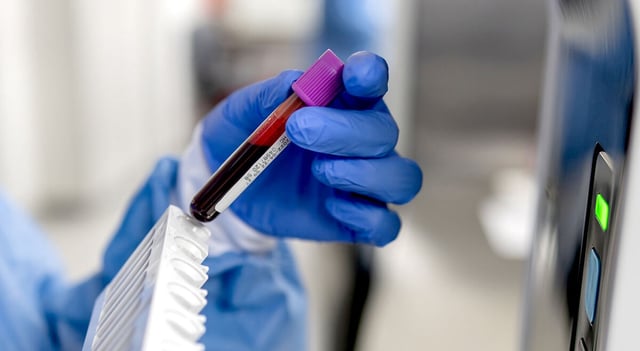Overview
- Studies analyzed blood samples from over 44,000 individuals, identifying 618 proteins associated with 19 types of cancer.
- 107 proteins were detectable more than seven years before a cancer diagnosis, and 182 proteins were detectable more than three years prior.
- Research suggests these proteins could be crucial for early detection, allowing for more effective treatment and preventive measures.
- Genetic data from 300,000 cancer cases revealed 40 proteins in the blood that influence the risk of developing nine types of cancer.
- Scientists caution that manipulating these proteins for treatment requires careful consideration to avoid unintended side effects.

